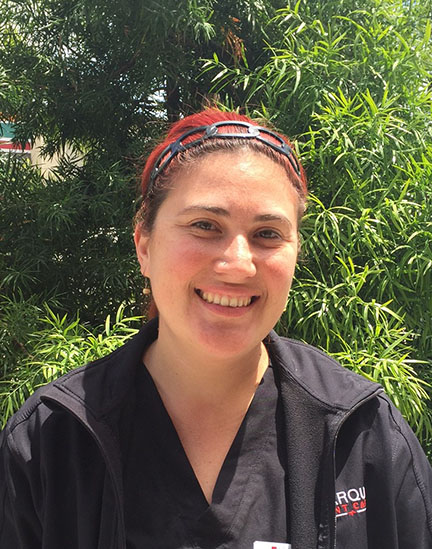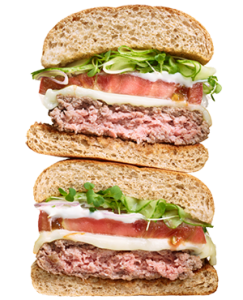
Ways to prevent food poisoning:
- Wash your hands often and always before cooking or cleaning. Always wash them after touching raw meat and make sure to wash your cutting boards or surfaces that raw meat, fish or eggs has touched
- Do not use or eat outdated foods or packaged foods with a broken seal
- Don’t consume foods that have an unusual odor or spoiled color
- Don’t drink water from streams or wells that aren’t treated. Only drink water that has been treated or chlorinated.
Ways you can get food poisoning:
- Eating raw or undercooked meats
- Eating contaminated foods that contain infectious organisms, bacteria, parasites, or viruses
- If you have a compromised immune system or are pregnant- eating foods that are raw (sprouts or eggs), unpasteurized cheeses (brie and feta), unpasteurized beverages (milk, juice, or ciders) increase the chance of food poisoning
The symptoms of food poisoning include:
- Abdominal pain
- Watery diarrhea or constipation
- Fever
- Chills
- Nausea and vomiting
- Muscle aches
- Headaches
- Eye swelling
- Loss of appetite
Food poisoning can even be fatal if left untreated. Symptoms of food poisoning can last from one to ten days. Food poisoning typically occurs when pathogens contaminate food or drinking water.
These pathogens include:
- Staphylococcus
- Campylobacter
- Norovirus
- Salmonella
- Clostridium perfringens
Salmonella and Norovirus are responsible for the most hospitalizations for food poisoning, but bacteria, parasites, mold, toxins, contaminants, and allergens can also cause it.
Call the American Association of Poison Control Centers at 1-800-222-1222 if you experience severe symptoms. They track cases to help prevent an outbreak and can help determine if you should go to the hospital.
Steps to recovery from food poisoning:
- Let your stomach settle and avoid any food and drink altogether for a few hours.
- If you are vomiting, try eating ice chips, popsicles, and small sips of fluids.
- To avoid dehydration, you should be drinking up to 2 quarts of fluid every 2 to 4 hours. It’s better to drink small amounts of fluid often (sips every few minutes), because drinking too much fluid at once can induce vomiting.
Suggested fluids include:
- Sports drinks
- Clear sodas
- Water
- Juice
- Decaf tea
- Chicken or vegetable broth
When you feel you might be able to hold down food, eat foods that are gentle on your stomach. Stick to bland, low-fat, low-fiber foods and avoid fatty foods to prevent upsetting it further.
Recommended recovery foods:
- BRAT DIET: bananas, rice, apples, toast
- Broth
- Cereal
- Egg whites
- Jell-O
- Potatoes
- Soft fruits
- Fruit juice
- Saltines
- Vegetables
- Pedialyte
Stomach acid expelled during vomiting can damage the enamel on your teeth. Brush your teeth after you vomit to protect your long-term oral health and to make yourself feel refreshed in the short term.
Rest and relax!
The information provided is for general interest only and should not be misconstrued as a diagnosis, prognosis or treatment recommendation. This information does not in any way constitute the practice of medicine, or any other health care profession. Readers are directed to consult their health care provider regarding their specific health situation. Marque Medical is not liable for any action taken by a reader based upon this information.

